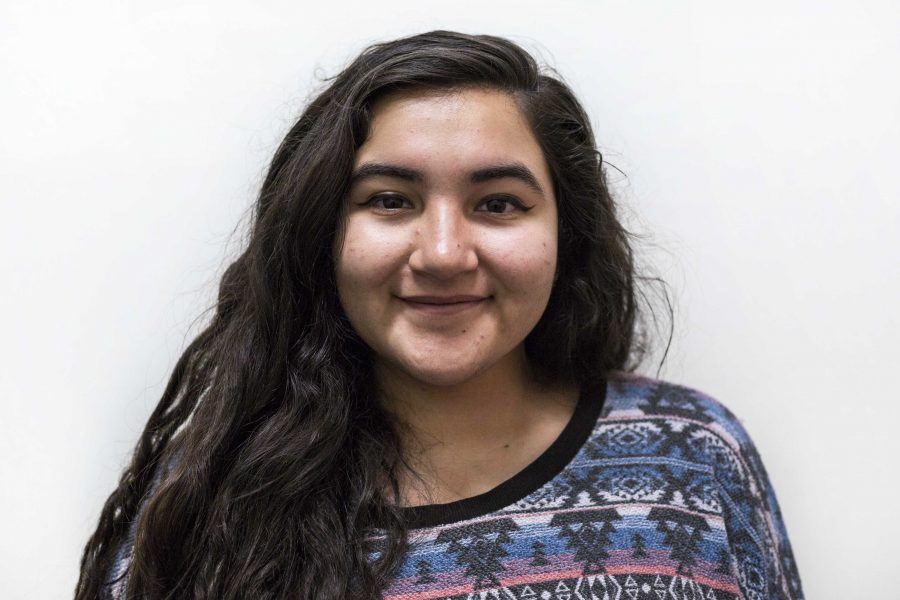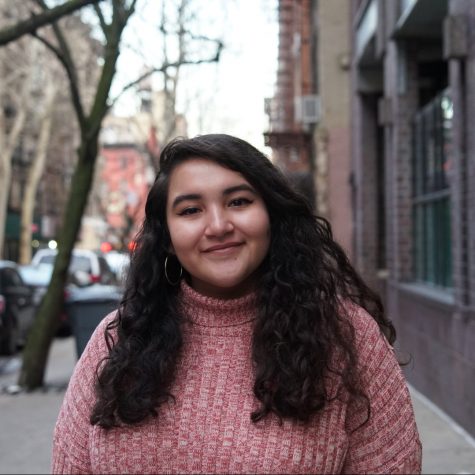Immigration Is a Local Issue Too
November 6, 2017
Next Tuesday is Election Day for most states. In New York, voters will be voting on three statewide proposals. This means that certain ethics, campaign finance reforms and laws could be changed to make the voting process in New York easier. Other states, such as Virginia, are under more pressure as the race for positions like governor becomes more heated. But unlike New York, Virginia has a history of unpredictable election turnouts. Virginia was coated in blue during the 2016 presidential election, thanks in part to a growing population of immigrants in the north. But what New Yorkers and Virginia immigrant voters have in common is their increased concerns for the safety of their families. President Donald Trump’s administration has made clear its dedication to ending programs that protect undocumented people and their families. If Democratic candidates want to see immigrants consistently turn up at elections, they need to dedicate themselves to stronger stances on immigration against the toxic threats that the Republicans in office have forced upon millions in this country.
Although there was an uproar in the media after Trump’s decision to end the Deferred Action for Childhood Arrivals program, there has been little response to the threat imposed by the Trump administration on the Temporary Protected Status program. TPS was created by the 1990 Immigration Act and allowed for thousands of undocumented people and their families to reside and work legally in the United States because they were fleeing dangerous conditions in their home countries. TPS protects more than 400,000 undocumented people in the U.S. from deportation and serves as a functional tool for diplomacy between the U.S. and the Central American countries these undocumented immigrants tend to come from. Regardless, White House Chief of Staff John Kelly has hinted that those protected under the program should make plans to return to their birth countries soon.
The Democrats have either not made TPS a top priority or have chosen to sweep this program under the rug until it becomes too late. The party’s history of attempting to stay neutral on border control was ultimately a sour spot during Barack Obama’s presidency for most leftists and even for the far-right, who had no initial reaction to Obama’s stricter border enforcements. Now that the Democrats are attempting to negotiate the fate of the Dreamers as well, several protesters are angrier than ever — the candidates that are supposed to be pro-immigration are treating the rest of the 11 million undocumented people in the U.S. as pawns in their debate against Trump, and it is not working in their favor.
As a powerhouse for diversity and individuality, NYU is responsible for encouraging voters to let their voices be heard every election, not just for New York’s sake, but also for places where immigrants are under immediate danger. NYU proudly stands behind its undocumented students by providing them with legal resources at NYU’s School of Law. But as a community, we must encourage voters from all over the country make their voices heard every November. Virginia’s election could very well result in more anti-immigration politicians taking power, and would subsequently create an even stronger threat and danger for immigrants all over the country.. Without TPS, I would not exist — my parents would not have been able to eventually become citizens, and I would not have been born in this country. The majority of my family would not be able to live here, working as productive members of our society and living wonderful lives. I am grateful every day for this program because of what it has done for my family and me. This Election Day, we must make sure that Democrats are aware that ignoring or negotiating immigration issues may cost the lives of thousands.
Opinions expressed on the editorial pages are not necessarily those of WSN, and our publication of opinions is not an endorsement of them. A version of this appeared in the Monday, Nov. 6 print edition. Email Melanie Pineda at [email protected].

























































































































































